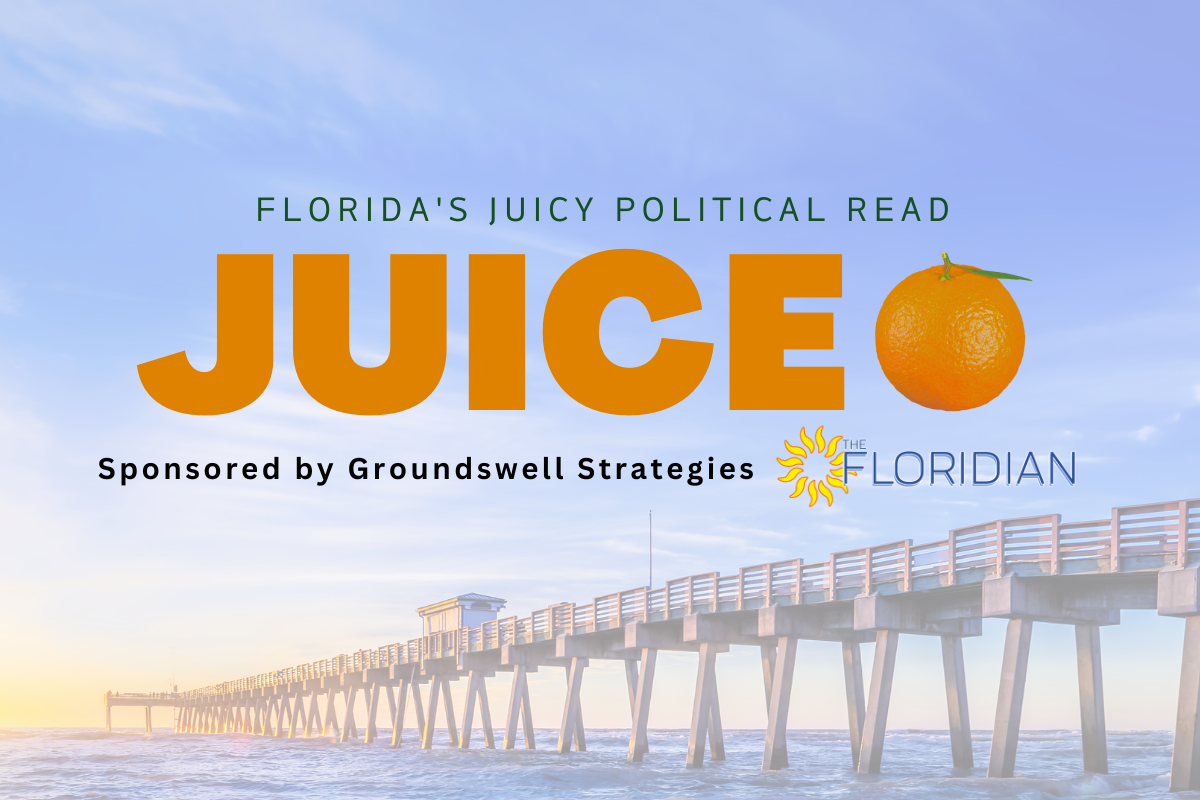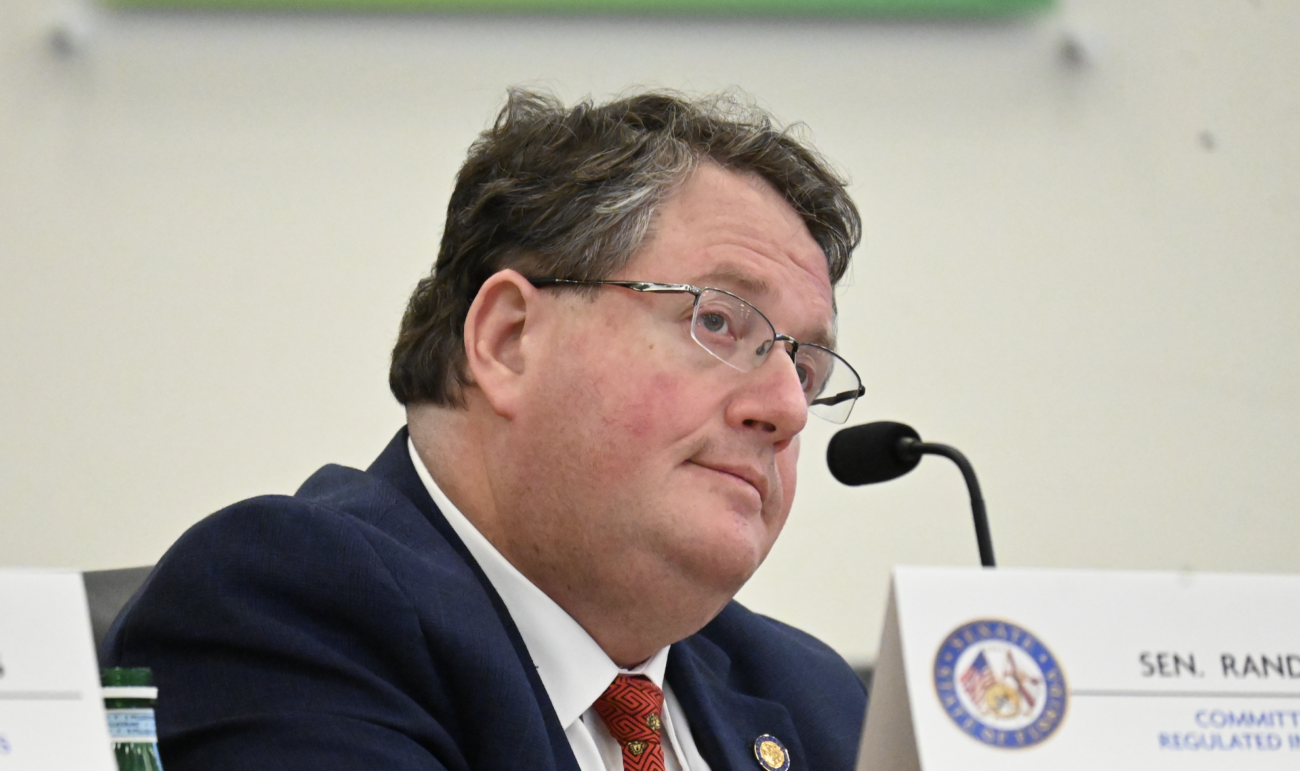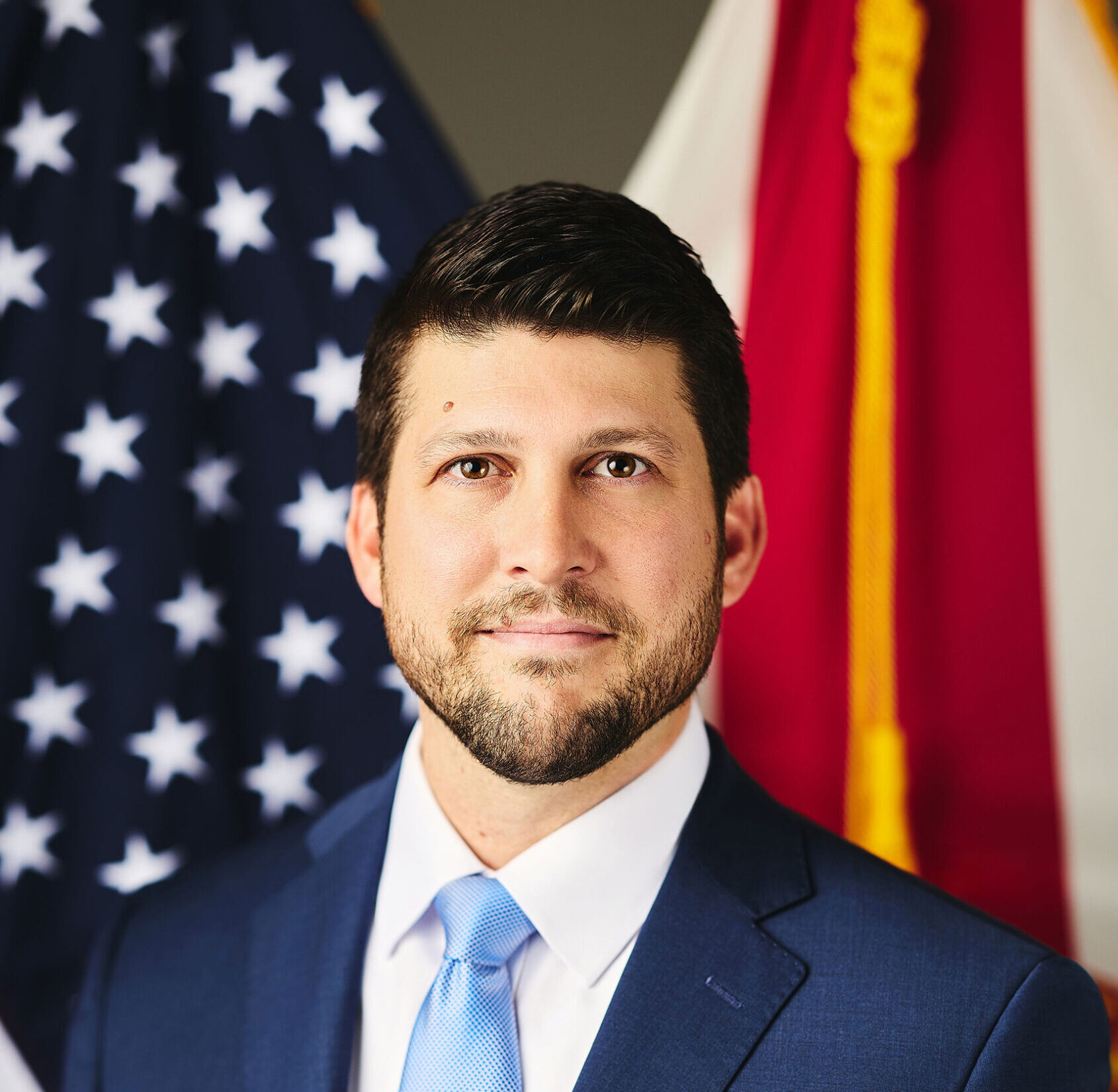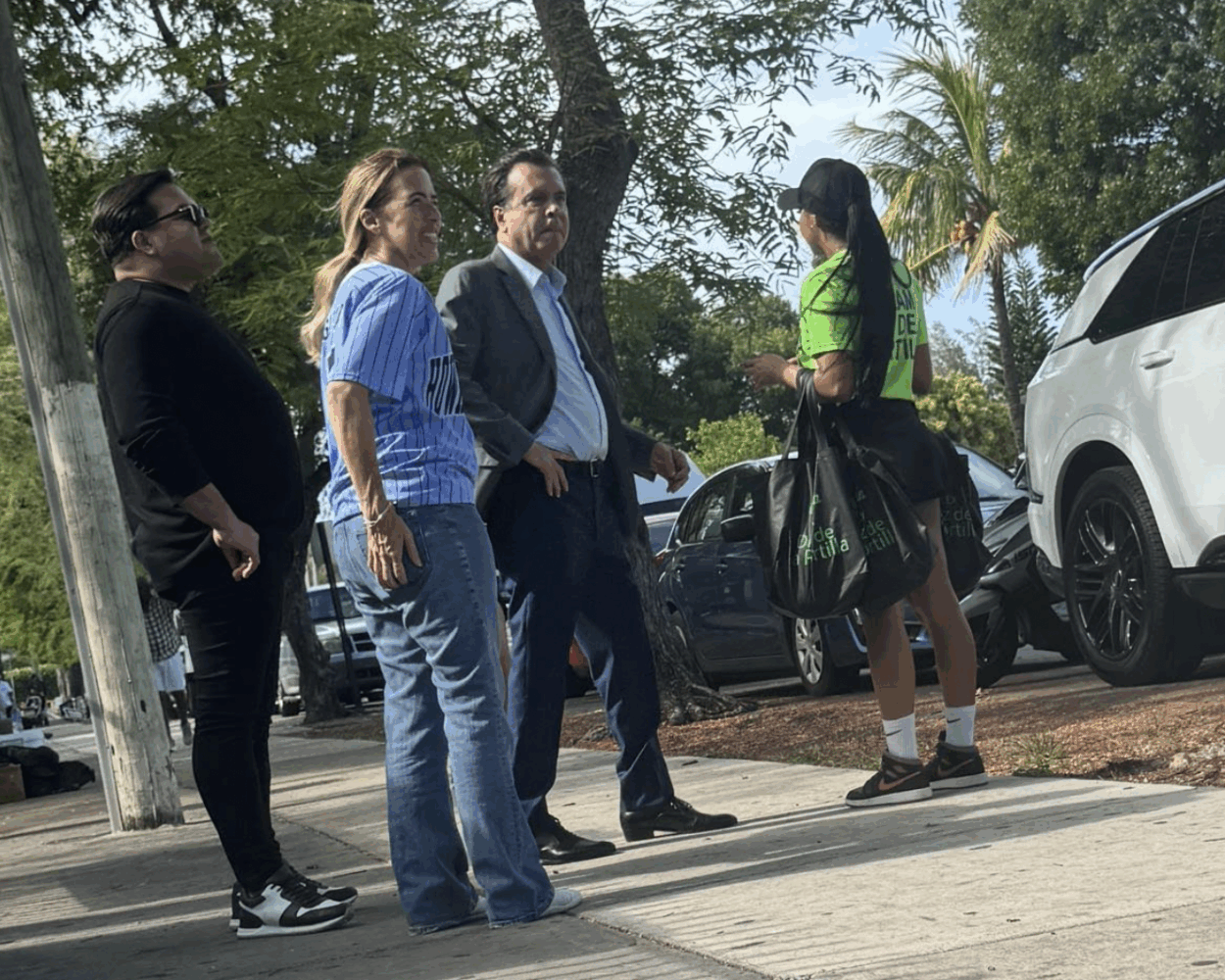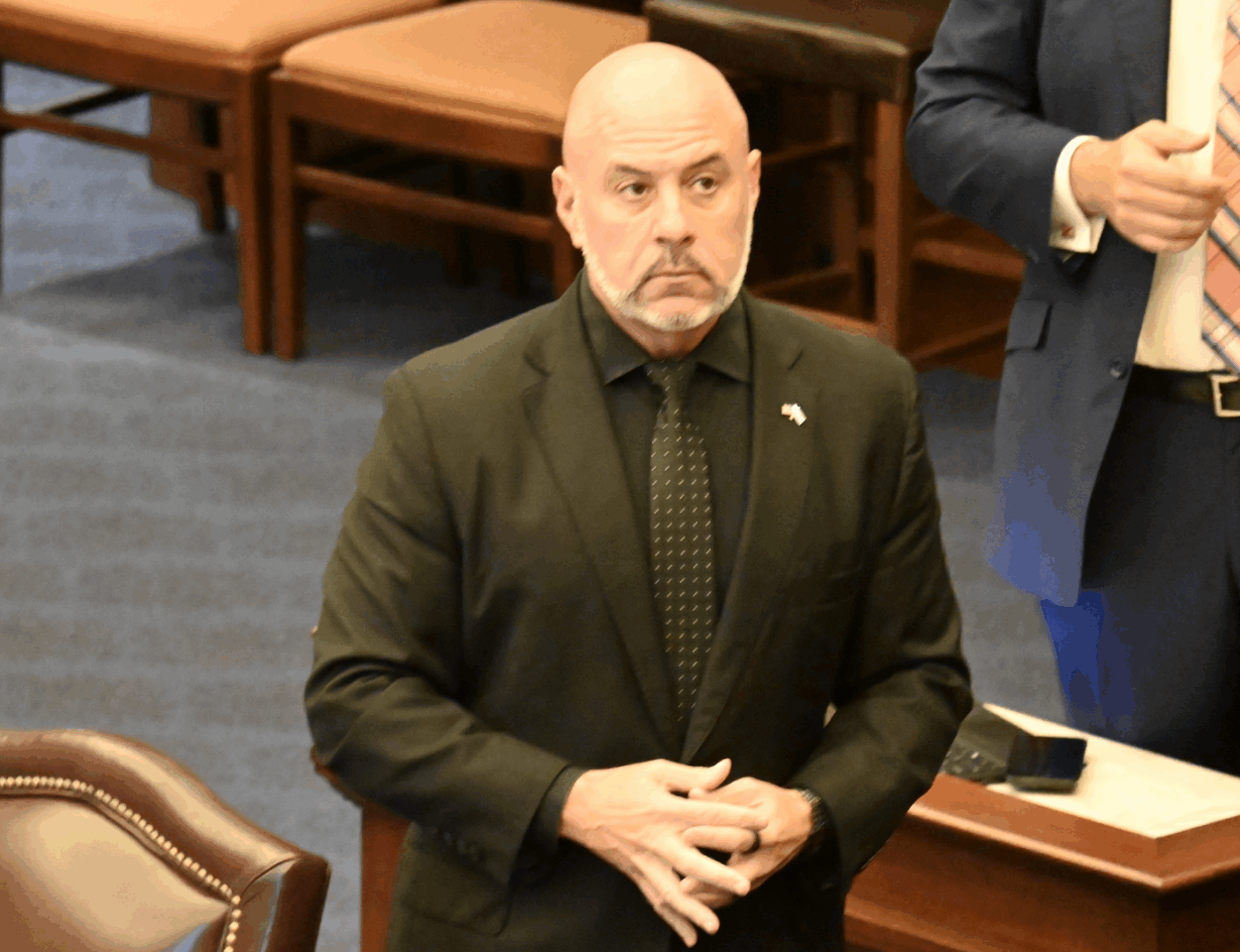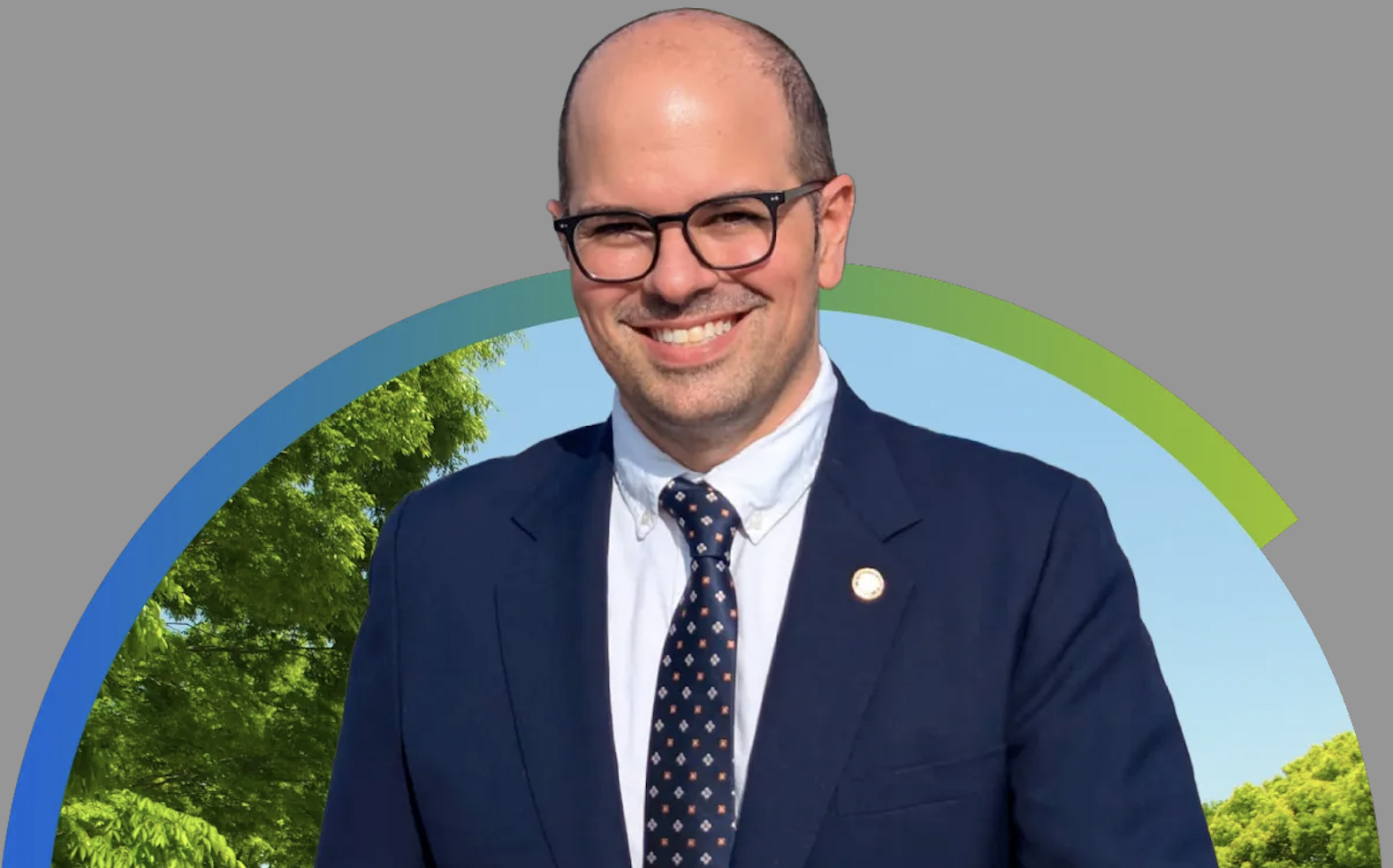Commissioners face public backlash, political threats, and legal scrutiny ahead of Thursday’s pivotal decision. In a move that could redefine the trajectory of Miami politics, the City Commission will take up a final vote this Thursday to cancel the November 2025 mayoral election, granting all sitting commissioners and Mayor Francis Suarez an extra year in office without voter approval.
The controversial measure passed its first reading with the support of Commissioners Damian Pardo, Christine King, and Ralph Rosado. The trio now faces growing backlash from civic groups, legal experts, and potential political challengers who view the effort as an illegal power grab that defies the will of Miami voters.
While the first vote ignited outrage, the second reading marks the final and legally binding decision. If passed, the ordinance would delay the next mayoral election until 2026 and extend current commission terms without any referendum. Critics say it not only violates the city charter but also undermines democratic norms.
Sources close to City Hall suggest that Commissioner Christine King may be leveraging her second-round vote in exchange for changes to the city’s lifetime term limit ban—a separate item that could be heard Thursday as well. The proposed adjustment would soften the restrictions, potentially clearing a path for King to run again for her former seat in the future.
Newly elected Commissioner Ralph Rosado, who had multiple failed bids for office before finally winning the District 4 seat, is facing withering criticism for supporting the measure. Many point out that one of his first major votes in office would be to unilaterally extend his own term—a move that some constituents see as self-serving and politically tone-deaf.
Political operatives and insiders are already speculating about a strong challenge to Rosado in the next cycle, especially if the ordinance passes. Former Miami commissioner José Regalado’s name has resurfaced as a potential contender. Others point to a prominent local attorney in District 4 with the resources and independence to mount a serious campaign—one that doesn’t rely on establishment support.
Meanwhile, the political heat around Christine King is intensifying. Rumors are swirling that Michael Hepburn, a well-known civic advocate, is preparing to challenge King should the commission proceed with canceling the election. Hepburn has reportedly been meeting with community leaders and donors, signaling he’s ready to capitalize on public frustration over the proposed term extensions.
Across Miami, the reaction to the ordinance has been swift and fierce. Opponents describe it as “Banana Republic 2.0,” warning that allowing elected officials to extend their own terms without voter consent sets a dangerous precedent.
“This isn’t Havana. This isn’t Caracas. And it sure as hell shouldn’t be Miami,” said one local activist. “We hold elections here—we don’t cancel them because it’s politically convenient.”
Tallahassee has also made its opinion known. Florida Attorney General James Uthmeier issued a formal opinion declaring that changing the election dates in a way that causes term extensions is both illegal and unconstitutional. Governor Ron DeSantis took to X to publicly agree with the Attorney General’s assessment.
As the governor recently noted, it is our position that city of Miami politicians do not have the authority to cancel this year’s elections and extend their terms in office without voter approval," stated Communication Director Bryan Griffin in response to The Floridian's request for comment.
Legal challenges are expected to follow immediately if the ordinance passes. The political consequences may be just as swift. What started as a seemingly quiet bureaucratic maneuver has erupted into a defining battle over the city’s democratic integrity—one that could reshape Miami’s political landscape for years to come.
If the ordinance passes on Thursday, the spotlight shifts directly to Mayor Francis Suarez. Under the city’s rules, he will have ten days to veto the measure. Though term-limited and ineligible to run again in 2025, Suarez would be allowed to stay in office an additional year if he doesn’t veto—extending his time as a City of Miami elected official to 17 consecutive years.
In other words, the decision on whether to uphold or cancel this November’s mayoral election may ultimately rest with the very mayor it would benefit most.


